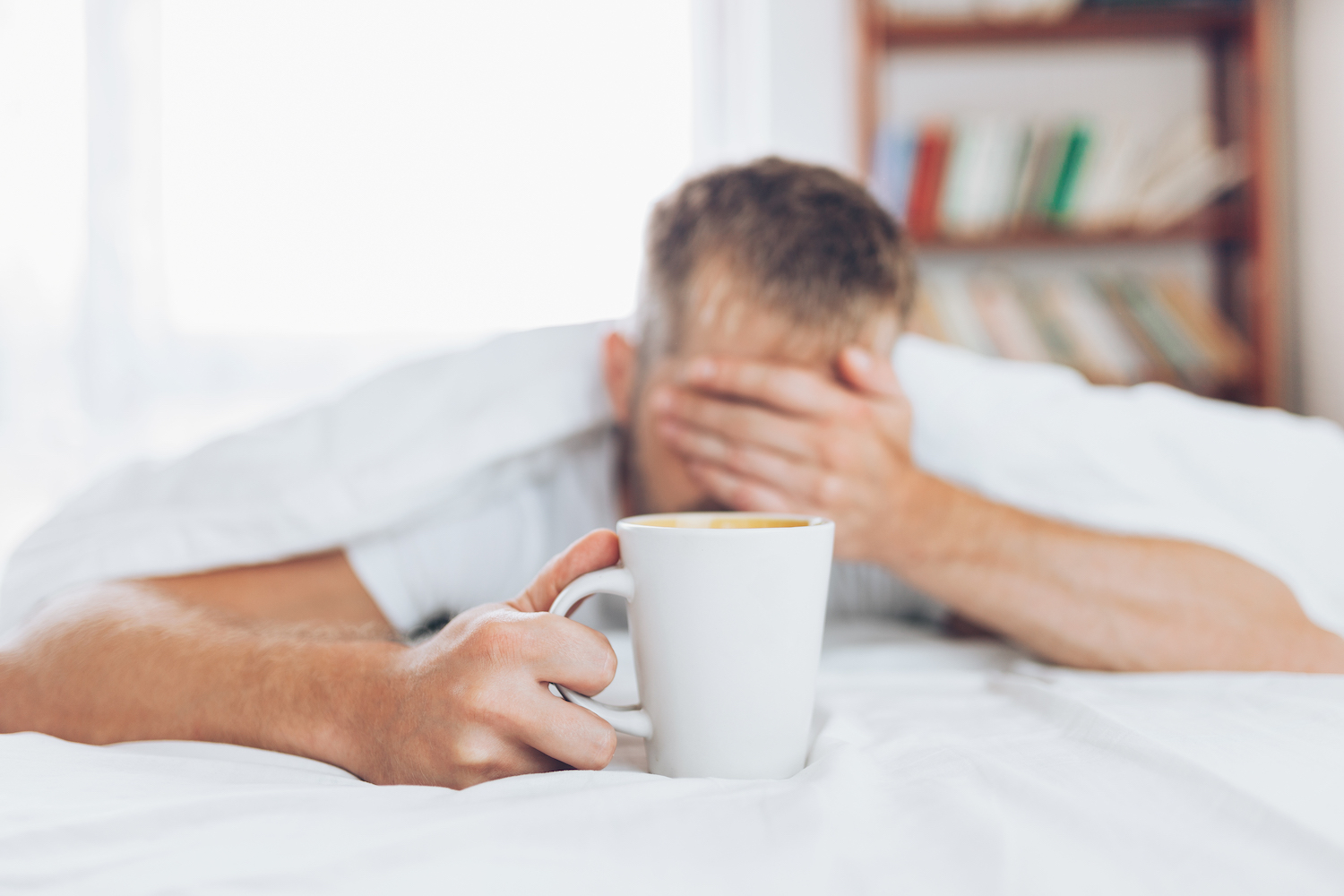Your sleepiness may be insomnia and vice-versa. Here are important facts you should know about the two conditions and what you can do about it.
Not being able to sleep is a normal condition under certain circumstances. It’s natural for nerves to get the better of you. They can stop you from sleeping if you have an important presentation at work the next day, an exam, or something that is bothering you. But if you have trouble sleeping with no external factor contributing to it, you may be suffering from insomnia. It is a sleep disorder where the person has trouble falling asleep for a continued period.
For you to understand the two conditions better, here’s a detailed explanation of both below.
What is sleep deprivation?
When external factors such as noise on the street, worrying, anxiety etc. interfere with your sleep during your resting window, it leads to sleep deprivation. You can also suffer from the same if you don’t get enough sleep, such as 8-9 hours a day.
What is insomnia?
This is a sleep disorder where a person has trouble falling asleep, despite getting an opportunity to do so. The person may keep waking up during the night and have trouble falling back asleep. He/she may also feel tired upon waking and suffer from fatigue the entire day. Having spans of memory loss, being irritable, waking up too early in the morning are also a common sign.
One can develop insomnia due to stressors such as death of a loved one, financial trouble etc. In such situations, the insomnia may wear off and the person resumes his/her normal sleep cycle. However, in chronic insomnia, the condition is more severe and requires medical attention and therapy.
The key differences between sleep deprivation and insomnia
- Lack of sleep hygiene can cause sleep deprivation: Certain factors such as the light that is emitted from TV screens, gadgets can interfere with you having a good night’s sleep. However these factors are not relevant, if you have insomnia as that’s a sleep disorder that needs special attention.
- The rule of three 3’s: Bustle highlights three symptoms of Insomnia, pointed out by sleep expert Dr. Michal Breus, who calls it the three 3’s, stating, “”I define insomnia by the ‘Rule of 3’s; “If it takes more than 30 minutes to fall asleep, a person wakes more than three times a night (for more than a total of 30 min), more than 3 times a week, for more than 3 weeks, this is insomnia.”
- Certain factors can impact your sleep: Simple things like what you eat, the medication you take, or an external worry can impact the quality of your sleep. This in turn results in sleep deprivation. It could even be your snoring or sleep apnea, that can interrupt your sleep cycle.
- Measure how much time you spend in bed: Those suffering from Insomnia usually carve out time to fall asleep. For example, if a person goes to bed at 10 pm every night, he/she may start preparing to sleep at around 7 or 8 pm.
Why is it important to understand the difference between sleep deprivation and insomnia?
You may be mistaking your sleep troubles for sleep deprivation when in fact, it could be insomnia. This is a medical condition that requires adequate attention, or it can worsen with time. People suffering from Insomnia, usually experience severe fatigue during the day and as a result, can struggle at work. This condition can also impact relationships. Knowing the signs can help you diagnose your condition and seek help.
If you are sleep deprived, there are changes that you need to make in your lifestyle and habits to get better sleep. You can read more about it here.
Treatment options for Insomnia
- Cognitive behavioural therapy: This helps the person control negative thoughts and changing beliefs that stop him/her from falling asleep. This therapy includes stimulus control therapy, sleep restriction, remaining passively awake, etc. To read about these in detail, click here.
- Prescribed medications: Certain medications can help you fall asleep. However, they are not recommended by doctors as one can develop a tendency to overuse them. If you do plan to take these, do it only after consulting your doctor, as these can have side effects.
- Eszopiclone (Lunesta)
- Ramelteon (Rozerem)
- Zaleplon (Sonata)
- Zolpidem (Ambien, Edluar, Intermezzo, Zolpimist)
Here’s a long-lasting solution to get rid of your sleep troubles
Neurofeedback: With this treatment, you can overcome your sleep troubles completely. To learn more, watch this video.
In addition to these tips, Brain & Co. offers med-free treatment that could help you overcome some of the challenges that come with depression/anxiety/sleep issues etc. Visit our website or give us a call to learn more.



